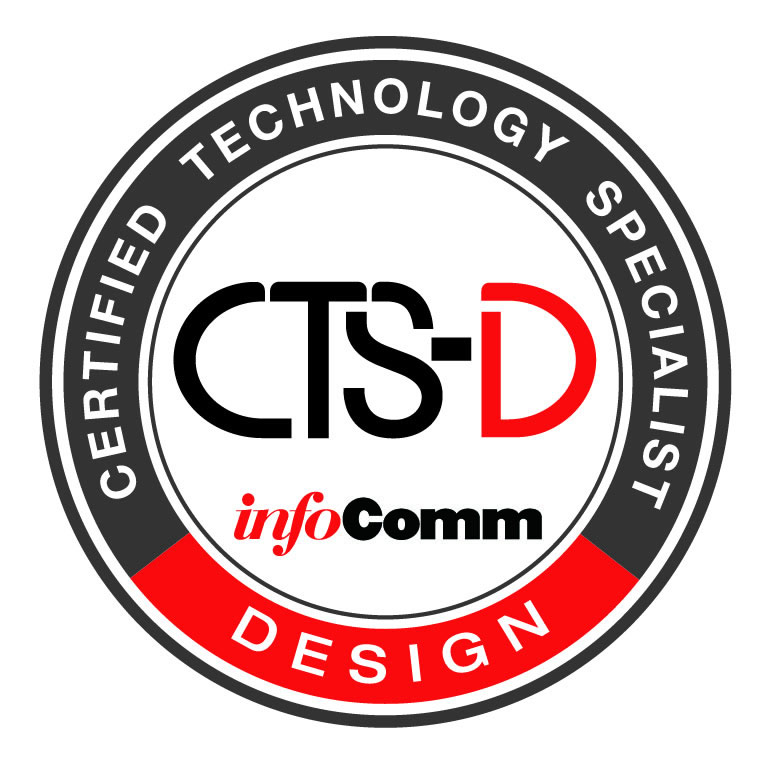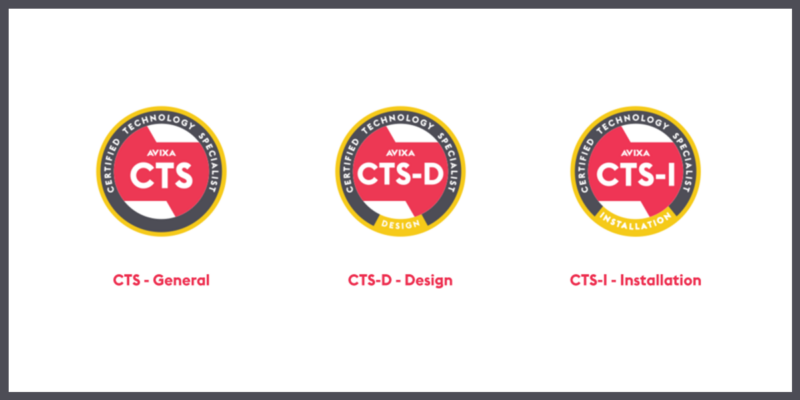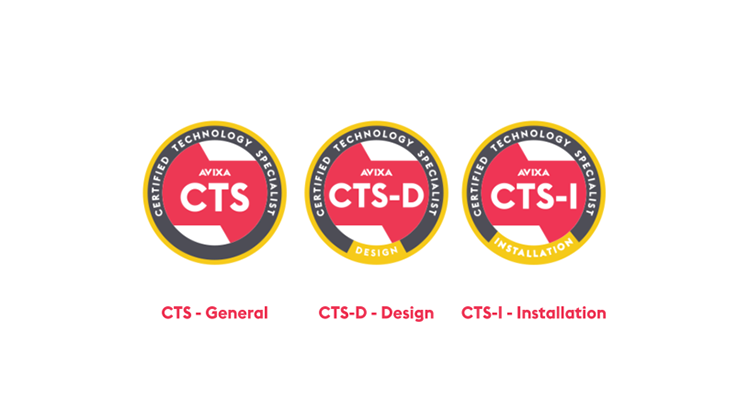Why I Earned My CTS-D
A couple years ago I posted about getting my CTS certification. I think I was on an endorphin high at the InfoComm 2014 show, because I even threw down a challenge hours later to see who wanted to pursue the elusive dual certification: CTS-D and CTS-I.
The excitement died down a little, and not only did I go to InfoComm 2015 without a dual certification, I actually hadn’t earned either of the advanced certifications.
In May of 2016 however, I did make good on half of my self-issued challenge and I earned my CTS-D. Given that I work for an AV manufacturer, and no longer work in integration as I did for 12 years, many people ask why I would subject myself to such a grueling test. I’ve thought about that quite a bit, and I have three main reasons.

Credibility
Anyone who has attempted the CTS-D knows it’s not easy. The under 40% pass rate would attest to that as well. Given that, those who do pass do earn a little street cred in the AV community and with consultants. As a manufacturer sales person I want to be a trusted resource and not just some guy peddling AV commodities. Earning the CTS-D helps demonstrate that. If any sales people out there are familiar with Miller Heiman and Strategic Selling, there is a concept called like-selling as well. The theory is that sometimes, to create rapport with customers, you should have someone on their level in that meeting. Now I meet with the C-Suite often, and I’m definitely a tier down, but I also meet with Project Managers and Design Engineers where the CTS-D can position me as a peer and not an underling.
Mobility
If there has been any obvious trend in AV the last year it has been that things can change quickly. If you were at AMX three years ago, you’ve seen it twice. First AMX is bought by Harman, and now Harman was purchased by Samsung. With theses type of mergers, change is inevitable. New product lines and relationships lead to new business strategies and to increased opportunities. Sure, a CTS-D is not required to sell one individual product, but it can be an asset if the company decides to change it’s sales approach to encompass all it’s brands or even if they don’t, it can provide opportunities to move between brands as needed by the company if you are seen as a versatile AV professional. On the extreme side of this, if perhaps that change leaves you out of a job, you never know where you may need to look for a position, and the CTS-D says you can tackle many different areas of the industry.
Cuz’ I Said I Would!
So despite the advantages of the CTS-D on potential relationships with integrators or on mobility both within an organization or as an asset in a new job search, there is another reason I earned my CTS-D. I said I was going to. For me, that is a matter of follow through. Even though it took me an extra year, I did what I said I would. In the words of Major Payne, “You callin’ me a liar?!!” Given that, it seems I may have to earn that CTS-I soon as well…
Do you have your CTS-D or CTS-I?
Why did you earn it? What value do you give it? I’d love to hear your thoughts in the comments below.





